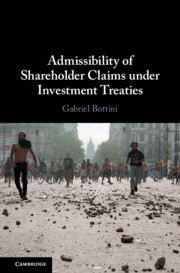This article seeks to defend the law of unjust enrichment against the recent influential attacks of Robert Stevens (“The Unjust Enrichment Disaster” (2018) 134 LQR 574) and Lionel Smith (“Restitution: A New Start?” in Devonshire and Havelock, The Impact of Equity and Restitution in Commerce (2018), ch. 5). A central argument here put forward is that there is a law of unjust enrichment, embodying a cause of action in unjust enrichment, which unites what Stevens and Smith see as disparate categories. A linked but separate argument is that, within the central area of unjust enrichment, Stevens is incorrect to regard the defendant's acceptance of performance as being necessary to trigger restitution albeit that acceptance may be relevant in establishing that the defendant has been enriched. A further, and more specific, argument is that, with great respect, the overruling, as a matter of principle, of Sempra Metals Ltd. v IRC [2007] UKHL 34, [2008] 1 A.C. 561, by the Supreme Court in Prudential Assurance Ltd. v HMRC [2018] UKSC 39, [2018] 3 WLR 652, seems unfortunate and appears to have been influenced by Stevens's excessively narrow approach to the meaning of “at the expense of”.


